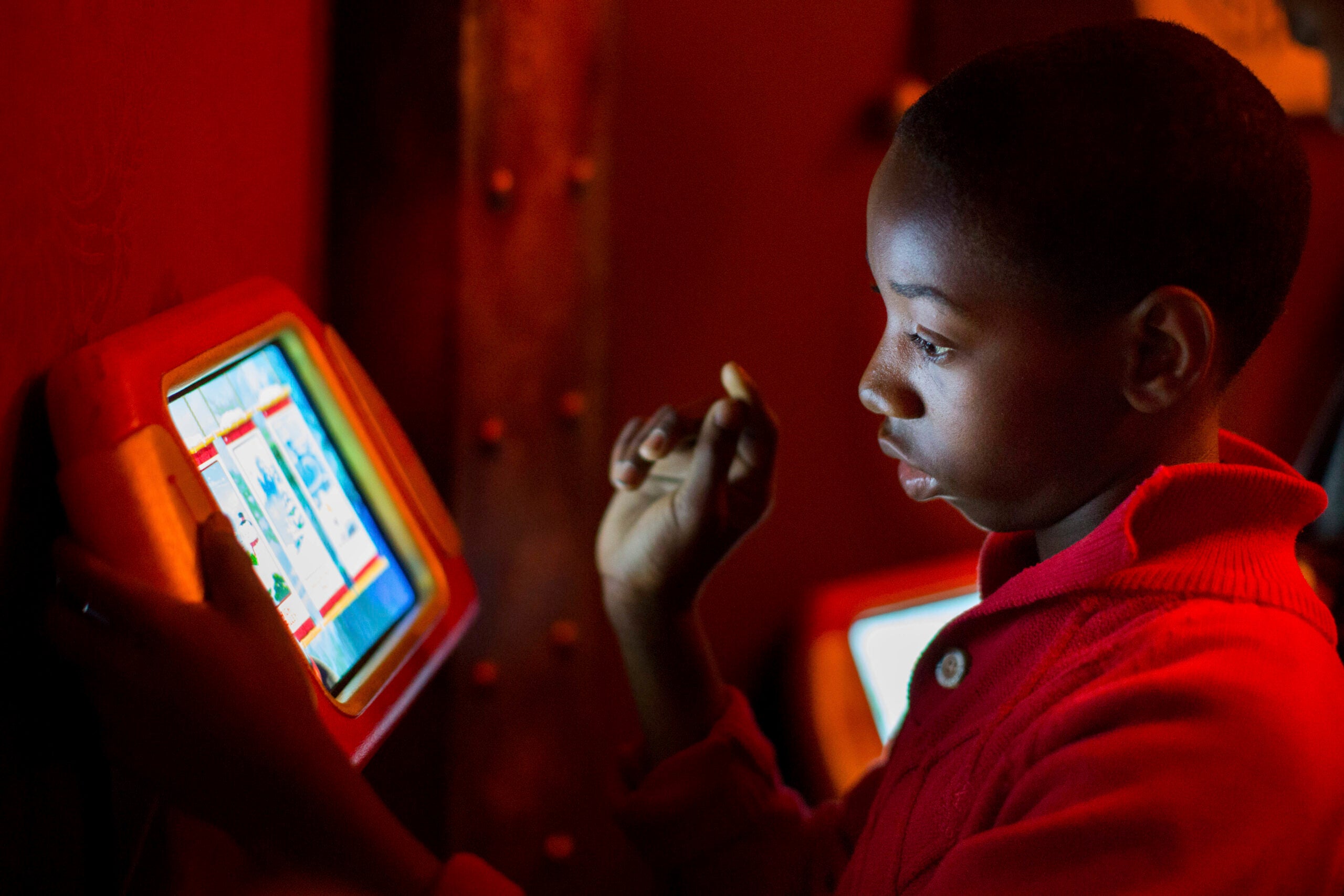Rob Ferrett and Veronica Rueckert find out what’s going on inside the teenage brain, look at how Milwaukee city government ranks nationally, and get the latest on Congress.
Featured in this Show
-
Unlocking Secrets Of The Adolescent Brain
It’s a common story: Children grow into teenagers and they go crazy. Hormones flow through their bodies, producing unexplainable behavior. The best many parents and children can do is ride it out.
Dr. Daniel Siegel said those are common beliefs in American culture, but they’re not true.
Siegel, a clinical psychiatrist at UCLA, said the teenage years can actually be a positive experience.
“When you look at the science of adolescence, you realize that there’s actually an essence to it that can be really cultivated well, and you can have an emotional passion, you can have great relationships, you can have great creativity with courage,” he said.
In his new book, “Brainstorm: The Power And Purpose Of The Teenage Brain,” Siegel said brain changes drive four key types of behavior in adolescence: seeking novelty, intense emotional experience, creative expression and social engagement. All of those can have positive and negative sides.
For example, one characteristic change for teenagers is that they start to seek new experiences, even to the point of taking risks.
“When adults see this they go, ‘Oh, it’s the raging hormones, these adolescents are losing their minds.’ When in fact, it’s very adaptive for the brain to make these changes and get the teenager to get ready to leave home,” he said.
Siegel said adults can learn a lot from the adolescent mind — and improve their own lives and brains in the process.
“If you as an adult … say, ‘How do I keep this essence going in me?’ you will have a higher chance of keeping your brain vital, connected, growing throughout the lifespan,” he said.
And those hormones that drive children crazy? Siegel said they’re not a real thing — it’s all about brain development.
-
Why Teens Do What They Do: Understanding The Adolescent Brain
Adolescence is a time of wild ups and downs…both for teenagers, and their parents…but why do teens act they way they do? A neuropsychiatrist and author explains what’s going on inside the teenage brain.
-
Does Milwaukee Deserve Its Place As 10th Worst Run City In America?
Economics blog Wall St. 24/7 recently ranked Milwaukee the 10th worst run city in America. A Milwaukee based columnist weighs in on the city’s performance and whether or not it deserves that designation.
-
A Closer Look At Congress
Congress made history in 2013 for its level of inaction. In 2014 we are going to take an inside, weekly look at the workings of the country’s legislative body. USA Today’s Politics and Congress editor Paul Singer joins Central Time to help piece through what is and is not getting done, and who’s behind it all. With congressional elections at the end of the year, most Americans are looking for a break from the deadlock that has gripped the 113th United States Congress thus far.
Episode Credits
- Rob Ferrett Host
- Veronica Rueckert Host
- Dr. Daniel Siegel Guest
- Eugene Kane Guest
- Paul Singer Guest
- Chris Malina Producer
- Galen Druke Producer
Wisconsin Public Radio, © Copyright 2025, Board of Regents of the University of Wisconsin System and Wisconsin Educational Communications Board.
